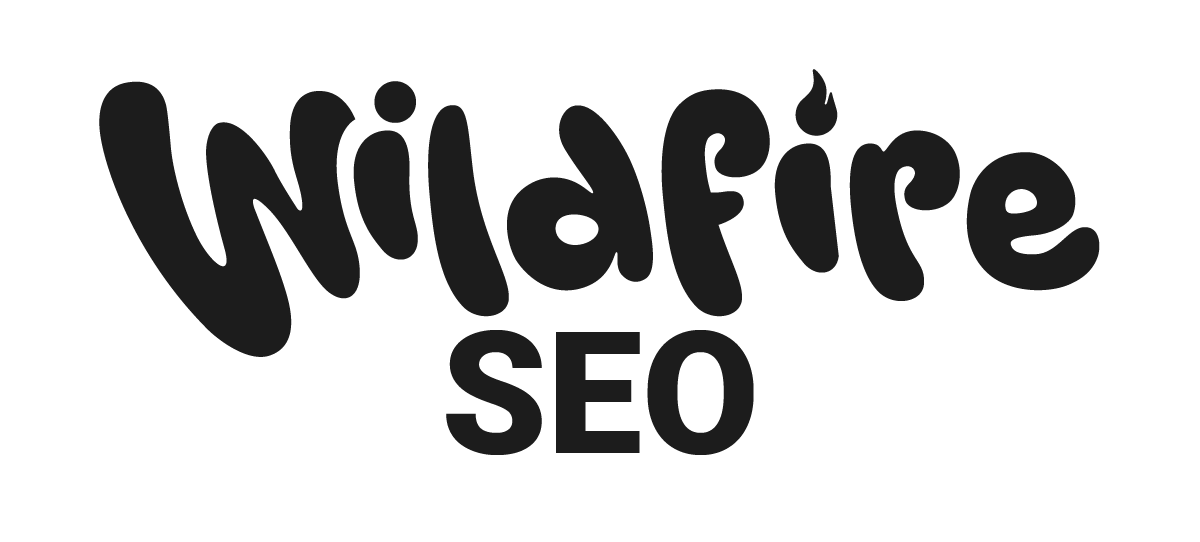
Mitigating Duplicate Content – SEO in South Africa
Duplicate content remains one of the most overlooked obstacles in the pursuit of sustainable SEO growth, particularly for businesses expanding beyond South African borders. With search engines increasingly focused on delivering the most relevant and original content to users, duplicating content across subdomains like za.example.com and us.example.com can quietly sabotage visibility, crawl efficiency and ranking equity. For companies investing in SEO in South Africa, mitigating duplication is no longer optional—it is imperative.
Understanding the Risk of Duplicate Content
Duplicate content is not merely a technical glitch; it is an SEO liability that erodes authority, confuses algorithms, and wastes link equity. When the same or similar content exists across multiple subdomains or domains, search engines may struggle to determine which version to prioritise. The result? Lower organic rankings, fragmented backlinks, and potential cannibalisation of keyword opportunities.
In the context of SEO in South Africa, this becomes even more complex. Businesses operating on .co.za domains or South Africa-specific subdomains are at a heightened risk of duplicating content with their global counterparts. This duplication might stem from shared product descriptions, identical service pages, or even regional news updates that are republished across sites. Left unaddressed, these overlaps erode the effectiveness of local SEO strategies.
South African Sites: High Stakes in a Crowded Arena
South African domains, especially those using the .co.za extension or geo-specific subdomains like za.example.com, must compete both locally and internationally for digital attention. The stakes are high. In markets where SEO in South Africa is increasingly sophisticated, duplicated content not only limits growth but actively undermines it.
The most serious consequence is keyword cannibalisation—where multiple pages target the same search terms but end up competing against each other. This is particularly common when South African pages mirror the content of UK or US versions. In addition, duplicate content dilutes link equity, as external backlinks are split across variants instead of reinforcing a single authoritative page.
The South African market is unique in its bilingual and multicultural digital demands. Yet, many businesses continue to replicate English-only content across regional subdomains without sufficient localisation. This practice not only risks SEO penalties but also alienates regional audiences who expect content to be tailored to their context.
Where Duplication Comes From
Understanding the sources of duplication is the first step toward mitigation. Technical triggers often include:
- Identical content across subdomains due to shared CMS templates
- Automatically generated pages through tracking parameters or session IDs
- Unlocalised product descriptions reused across different markets
- Staging or development site content inadvertently indexed by search engines
These triggers are common in large organisations managing international content at scale. But even smaller businesses targeting SEO in South Africa are not immune. A single misconfigured tag or sitemap can result in thousands of duplicate pages being indexed.
Beyond Tags: The Bigger Picture of Technical Strategy
While tools like canonical tags and hreflang attributes are essential, they must form part of a broader, strategic approach. For businesses that syndicate content across domains—a practice common in franchises, multi-nationals or companies with centralised content teams—the solution isn’t just technical but structural.
Every piece of duplicated content introduces a decision point for search engines. Without clear signals, such as geo-specific schema markup or strategically planned internal links, algorithms will guess which version to serve. This guesswork costs rankings. In contrast, well-structured sites that demonstrate regional intent send a strong message about content relevance and hierarchy.
In SEO in South Africa, where competition is often fierce in niche sectors, these signals make the difference between first page visibility and search engine obscurity.
Structuring for Success
Architecture matters. Businesses must decide between subdomains, subdirectories, and language folders based on their SEO goals. Subdirectories are typically easier to consolidate in terms of authority, but subdomains may be necessary for certain hosting or legal reasons. What matters most is consistency, clarity, and a content strategy that respects regional nuances.
Geo-IP redirects and content personalisation should also be approached with care. While they offer a tailored experience, they can block search engines from crawling all versions of the site, thereby increasing the risk of duplication and indexing issues. For those pursuing SEO in South Africa across multiple territories, careful planning of these mechanisms is essential.
The Cost of Ignorance
Failing to address duplicate content can have cascading effects. South African businesses with international ambitions may find themselves excluded from competitive SERPs due to minor oversights. Search engines like Google now prioritise relevance and originality more than ever, and their algorithms are increasingly adept at filtering out repetition.
Moreover, duplicate content undermines trust—not just with algorithms but with users. Consumers who encounter the same description or article across multiple domains may perceive the brand as inauthentic or lazy. In a region where consumer trust is hard-earned and easily lost, this reputational damage is one few businesses can afford.
Proactive Monitoring and Accountability
Vigilance is vital. Businesses should regularly monitor for duplication through manual audits and tools such as Google Search Console, focusing particularly on coverage reports, indexed URLs, and the impact of URL parameters. In doing so, South African companies pursuing SEO excellence position themselves not just to react to algorithmic changes but to lead in relevance, trust and visibility.
At Wildfire SEO, we understand that SEO in South Africa requires more than just keywords and backlinks—it demands a strategic, technical and localised approach. If you’re expanding internationally or refining your subdomain strategy, contact us today to ensure your content works for you, not against you.



